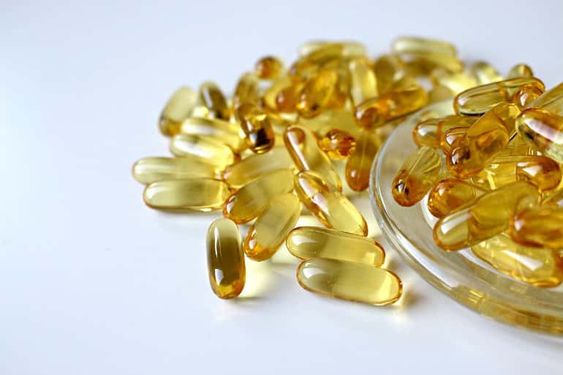The Significance of Adding Omega-3 to Your Daily Diet
In the quest for optimal health, omega-3 fatty acids have emerged as a crucial component. Found in various sources, including fish oil and supplements, omega-3s offer a range of benefits that can enhance overall well-being. In this article, we'll explore why adding omega-3 to your daily diet is essential, the different forms available, and how they can contribute to a healthier lifestyle.
What is Omega-3?
Omega-3 fatty acids are essential fats that the body cannot produce on its own, making it necessary to obtain them from external sources. These fats play a vital role in various bodily functions and are known for their anti-inflammatory properties. Omega-3 are found in several forms, including omega-3 fish oil, omega-3 capsules, and omega-3 supplements.
Benefits of Omega-3
Heart Health: Omega-3 fatty acids are renowned for their cardiovascular benefits. They help reduce triglyceride levels, lower blood pressure, and improve overall heart function. Regular consumption of fish oil or omega-3 supplements can significantly lower the risk of heart disease.
Brain Function: Omega-3s are crucial for maintaining cognitive function. They contribute to brain health by supporting memory, focus, and overall mental clarity. Fish oil capsules and omega-3 vitamins are often recommended for enhancing brain performance.
Inflammation Reduction: One of the most notable benefits of omega-3 is its ability to reduce inflammation. This is particularly beneficial for individuals with inflammatory conditions such as arthritis. Omega-3 supplements can help alleviate symptoms and improve joint health.
Eye Health: Omega-3 fatty acids are essential for maintaining good vision. They contribute to retinal health and may help prevent age-related macular degeneration (AMD). Consuming fish oil or omega-3 supplements can support long-term eye health.
Mood Regulation: Omega-3s have been linked to improved mood and mental well-being. They play a role in regulating neurotransmitters and may help alleviate symptoms of depression and anxiety.
Forms of Omega-3 Supplements
Fish Oil Capsules: These are a convenient and popular form of omega-3 supplements. They offer a concentrated dose of omega-3 fatty acids and are easy to incorporate into your daily routine.
Omega-3 Fish Oil: Available in liquid form, omega-3 fish oil provides a potent source of omega-3s. It can be mixed into smoothies or taken directly.
Omega-3 Tablets: These provide a solid dosage of omega-3s in a tablet form. They are ideal for those who prefer not to take liquid supplements.
Fish Oil Supplements: These include various products designed to deliver omega-3 fatty acids. They come in different forms, including soft gels and gummies.
How to Incorporate Omega-3 into Your Diet
Adding omega-3 to your daily diet is simple and can be achieved through various methods:
Consume Fatty Fish: Incorporate fish like salmon, mackerel, and sardines into your meals. These are rich sources of omega-3s.
Take Supplements: If you don’t consume enough fish, omega-3 supplements like fish oil capsules or omega-3 vitamins can help bridge the gap.
Use Omega-3 Enriched Foods: Some foods are fortified with omega-3s, such as certain brands of eggs and dairy products.
Conclusion
Incorporating omega-3 into your daily diet is a smart choice for maintaining optimal health. Whether through fish oil, omega-3 capsules, or other supplements, the benefits of omega-3 fatty acids are substantial and contribute to heart health, brain function, inflammation reduction, eye health, and mood regulation. By making omega-3 a part of your daily routine, you can support your overall well-being and enjoy a healthier lifestyle.
FAQ
What are the best omega-3 supplements?
The best omega-3 supplements include high-quality fish oil capsules, omega-3 fish oil, and omega-3 tablets. Look for products with high purity and adequate concentrations of EPA and DHA.
How much omega-3 should I take daily?
The recommended daily dosage varies based on individual health needs. Generally, 250-500 mg of combined EPA and DHA is suggested. Consult with a healthcare provider for personalized recommendations.
Are there any side effects of taking fish oil supplements?
Fish oil supplements are generally safe for most people. However, excessive consumption may cause digestive issues or a fishy aftertaste. Always follow dosage instructions and consult with a healthcare provider if you have concerns.
By understanding the significance of omega-3 and incorporating it into your daily regimen, you can take proactive steps towards a healthier, more balanced lifestyle.




Comments
Post a Comment